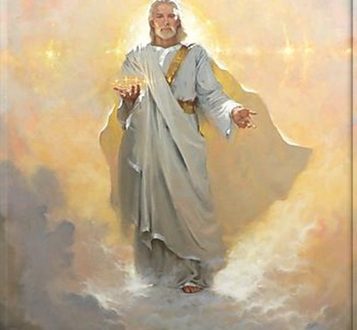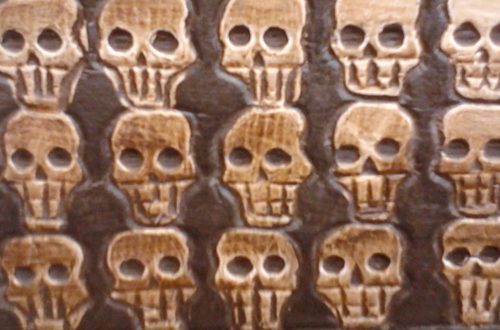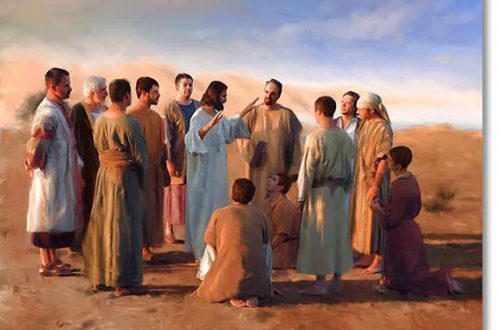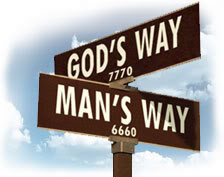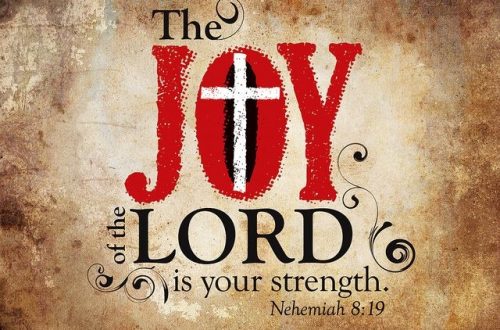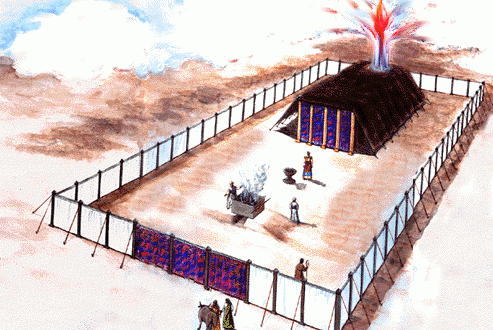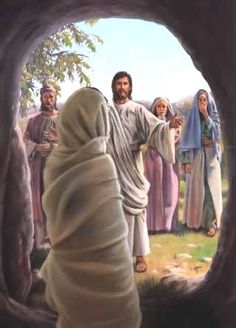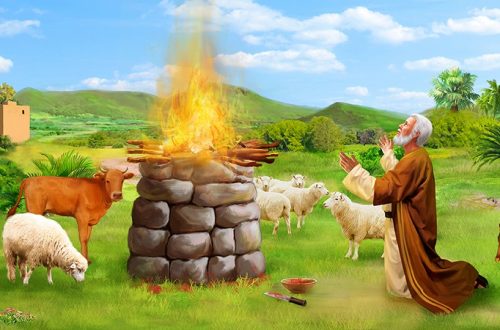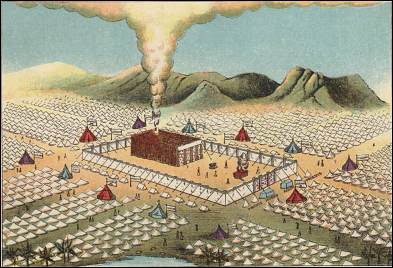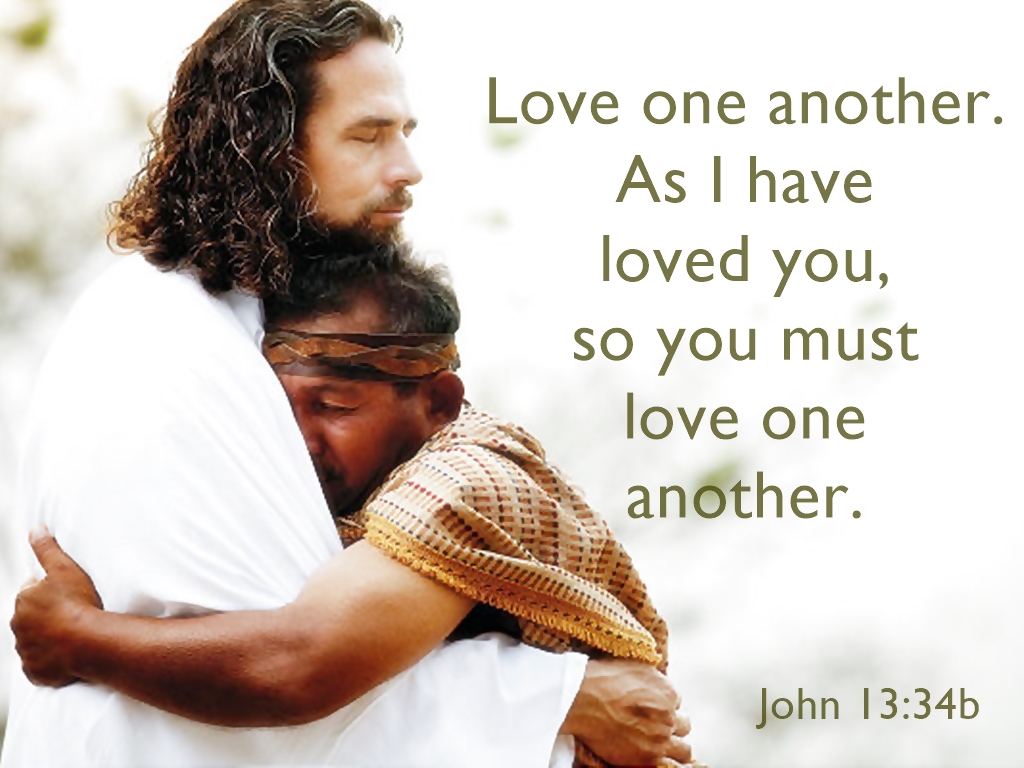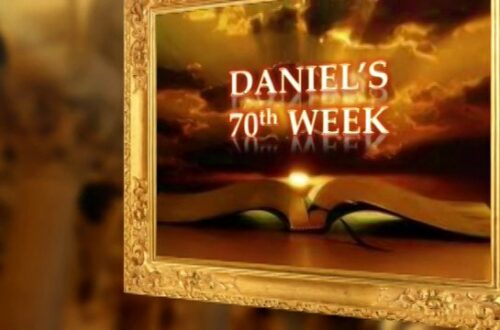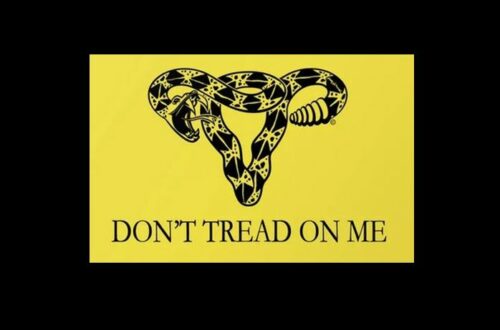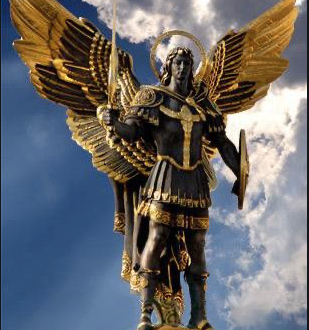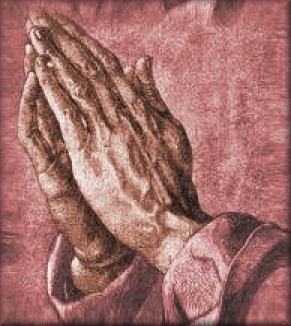Impact
-
Authentic Relationships: Serving, Carrying Burdens and Building Up One Another
I don’t know what your destiny will be, but one thing I know; the only ones among you who will be really happy are those who will have sought and found to serve. …
-
The Feasts of Israel – Dedication (Hanukkah)
(18) These are the Lord’s appointed times, holy assemblies, which you must proclaim at their appointed time. (Leviticus 23:4 NET)
-
Authentic Relationships: Being Kind, Compassionate, and Sharing with One Another
Kind words can be short and easy to speak, but their echoes are truly endless. Mother Teresa
-
Wimpy, Weak, and Woke (Book Review)
“We think that for a general about to fight an enemy, it is important to know an enemy’s numbers, but still more important to know the enemy’s philosophy” (G.K. Chesterton).[1] Imagine living in a world of chaos, complete irrationality, and histrionics, a world where reason, history, and reality do not exist or no longer matter. Imagine living in a world where people who claim to be “oppressed” and “powerless” can riot in the streets with impunity and use their “marginalized”[2] status to get you fired or charged with hate crimes and dragged through court for years. Wait, we do not need to imagine this. Ever wonder what the heck[3] is…
-
Authentic Relationships: Greeting and Being Hospitable to One Another
You can make more friends in two months by becoming interested in other people than you can in two years by trying to get other people interested in you. Dale Carnegie
-
Authentic Relationships: Being Devoted to Another and Honoring Another Above Ourselves
Selfishness is not living as one wishes to live, it is asking others to live as one wishes to live. Oscar Wilde
-
Authentic Relationships: Forgiving, Accepting and Bearing with One Another
“Not forgiving is like swallowing rat poison and waiting for the rat to die.” (3) Anne Lamott
-
Authentic Relationships: Loving One Another
Our loving others may be the only “face of God” they ever see.
-
Authentic Relationships: Introduction
People are longing to rediscover true community. We have had enough of loneliness, independence, and competition – Jean Vanier (2)
-
How to Suffer Effectively
Suffering has been effective when you are more Christlike (e.g., more obedient) at its conclusion.



